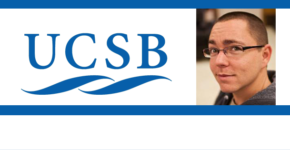Category: Biology
-
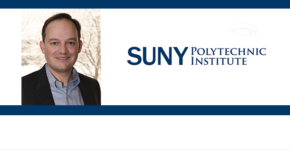
Adam McLain, SUNY Polytechnic Institute – New Lemur Species Discovered
We are still discovering new species. Adam McLain, assistant professor of biology in the department of Biology and Chemistry at SUNY Polytechnic Institute, explores a new species of lemurs and what it means for animal conservation. Dr. Adam McLain received his Ph.D. in biology from Louisiana State University in 2013, and prior to this an…
-
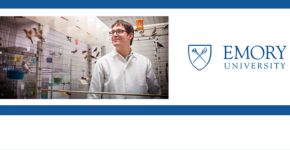
Samuel Sober, Emory University – Learning From Mistakes
It pays to learn from your mistakes. Samuel Sober, assistant professor in the biology department at Emory University, explores which part of our brain helps us avoid making the same error twice. I attended Wesleyan University, where I received a BA in Neuroscience & Behavior. I did my doctoral research as an NSF Graduate Research…
-
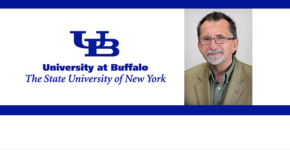
Michal Stachowiak, University at Buffalo – Schizophrenia and Early Brain Development
Schizophrenia may develop much early than previously thought. Michal Stachowiak, professor in the department of pathology and anatomical sciences at the University at Buffalo, discusses new findings that show the early stages of pregnancy as the starting point. Michal Stachowiak, PhD, is a professor in the Department of Pathology and Anatomical Sciences in the Jacobs…
-
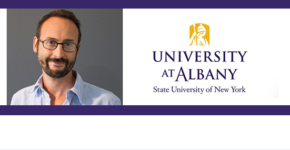
Paolo Forni, University at Albany – From the Nose to the Brain
We all remember going through puberty. Paolo Forni, assistant professor of biological sciences at the University at Albany, explores why this rite of passage is delayed for some. 2008 Ph.D. Biochemistry/Cellular Biotechnology, University of Turin, Italy. 2006-2011 Visiting Fellow, NINDS, NIH, Bethesda, MD, USA. 2011-2013 Research Fellow, NINDS, NIH, Bethesda, MD, USA.…
-
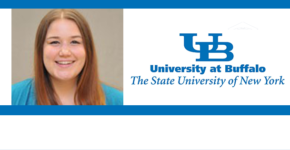
Stephanie Gill, University at Buffalo – Yetis
On this Student Spotlight: Has a yeti specimen been found? Stephanie Gill, PhD candidate at the University of Buffalo, discusses the samples found in the Himalayas. Stephanie Gill is a Ph.D. Candidate in Biological Sciences at the University of Buffalo in Buffalo, New York. Yetis A couple years back, our lab was contacted by a…
-
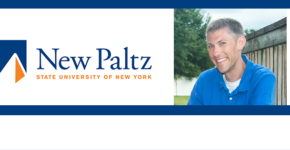
David Richardson, SUNY New Paltz – Warming Lakes
A clue to a changing climate could be in your nearest lake. David C. Richardson, associate professor in the biology department at the State University of New York at New Paltz, discusses how lakes can show signs of a warmer planet. David Richardson is an Associate Professor of Biology at SUNY New Paltz. David Richardson…
-

Pankaj Karande, Rensselaer Polytechnic Institute – Engineering Living Tissue for Transplantation
Can we make human organs in the lab? Pankaj Karande, assistant professor of chemical and bioengineering at Rensselaer Polytechnic Institute, explores new ways that science is pushing the boundaries to fill the organ donor gap. Prof. Karande joined the Chemical and Biological Engineering Department at Rensselaer in 2008. Before joining Rensselaer, Prof. Karande was a…
-

Jennifer Hurley, Rensselaer Polytechnic Institute – Circadian Clock Disruption
How important is it to be in tune with your circadian clock? Jennifer Hurley, assistant professor of biological sciences at Rensselaer Polytechnic Institute, delves into this question. Dr. Jennifer Hurley received her B.S. from Juniata College in 2004 in Molecular Biology and her Ph.D. at Rutgers/UMDNJ for studying the function of Toxin-Antitoxin modules. She completed…
-
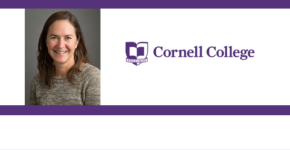
Tammy Mildenstein, Cornell College – Fruit Bats
Another species is on the brink of near extinction. Tammy Mildenstein, assistant professor of biology at Cornell College, explores Old World fruit bats and why their decline is harmful to their environment. Tammy Mildenstein is an assistant professor of biology at Cornell College in Mount Vernon, Iowa. She teaches courses in biology, including Ecology, Environmental…

